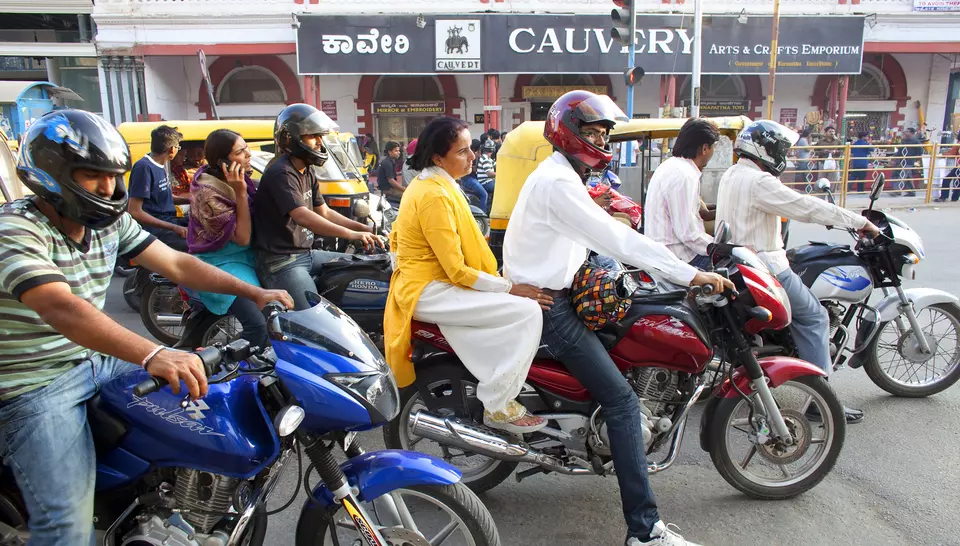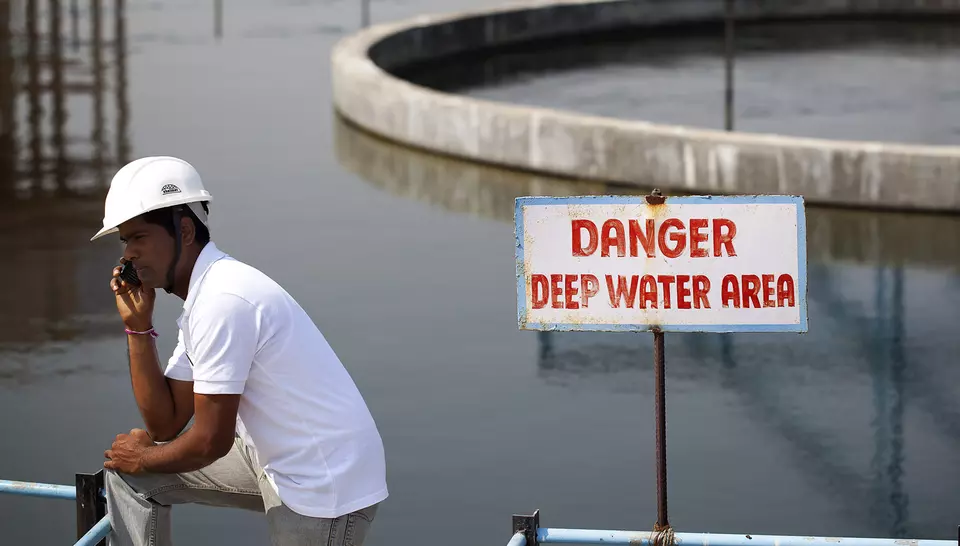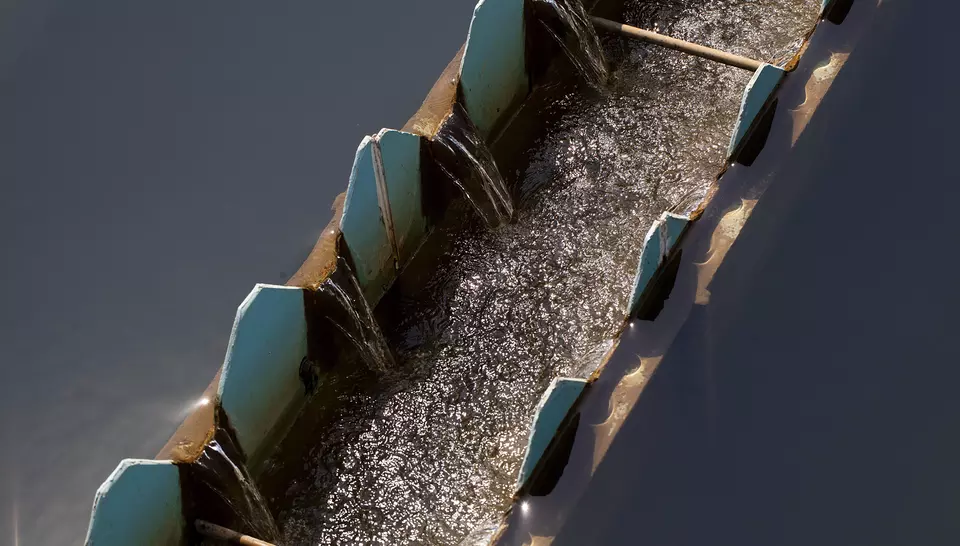By treating wastewater, Veolia helps protect water resources, spur the economic growth of cities and improve the quality of life for all.
In India, the need to treat wastewater is a goal set by municipal authorities everywhere. Veolia provides appropriate solutions to enhance the quality of water in three key steps:
- Collection: Using a wastewater collection system consisting of a network of pipes, the wastewater is transported to the treatment plant. Collection systems are maintained regularly (cleaning, monitoring, etc.) to prevent blockages and corrosion.
- Treatment: The way that the water is dealt with at a wastewater treatment plant is based on its degree of pollution and the legislative standards governing its discharge into the environment.
- Discharge into the environment: After processing at a treatment plant, the water is returned to the natural environment in a way that does not adversely impact environmental balances.
EXPANDING CITIES
India is rapidly urbanizing with 377 million people living in cities in 2011, up from 286 million in 2001. This has created immense pressure on urban water infrastructure. A thorough wastewater treatment can help used water be recycled for various purposes as an alternative resource, thereby contributing directly to the betterment of public health and greater environmental balance. The re-use of wastewater after appropriate treatment contributes to water sustainability and can thus be one of the solutions to the growing scarcity of fresh water in India.
Appropriate solutions
To manage wastewater collection and treatment systems efficiently, we have devised a comprehensive approach to assist public authorities, tailored to their size and technical and regulatory challenges. The success of wastewater projects is ensured through clearly defined steps, including needs assessment, a local strategy, a quality guarantee, service performance measurements and communicating to residents about the impact of the service.
SLUDGE TREATMENT
Urban growth has sharply increased the production of municipal sludge in India. According to the Government of India, civic authorities still face challenges that call for improved infrastructure and better institutional arrangements with respect to sludge treatment.
Veolia helps public authorities choose the most appropriate wastewater sludge treatment and recycling channel, taking into account social and environmental impacts.
Veolia provides three possible solutions on recycling wastewater sludge:
- Agricultural recycling: This yields plant nutrients, lime and carbon inputs that can be used to make humus or a concentrate of fertilizers supplemented as needed with commercial fertilizers.
- Land-filling: The sludge is mixed with municipal waste in landfills, where its anaerobic decomposition produces landfill gas recoverable as energy (heat and/or power).
- Incineration or co-incineration: Incineration, or gas-phase thermal oxidation, destroys organic matter, leaving a tiny amount of mineral byproducts. Sludge and municipal waste co-incineration and wet air oxidation recover mineral materials most often recycled in public works construction, in road sub-layers, backfill, pre-cast concrete, etc.




